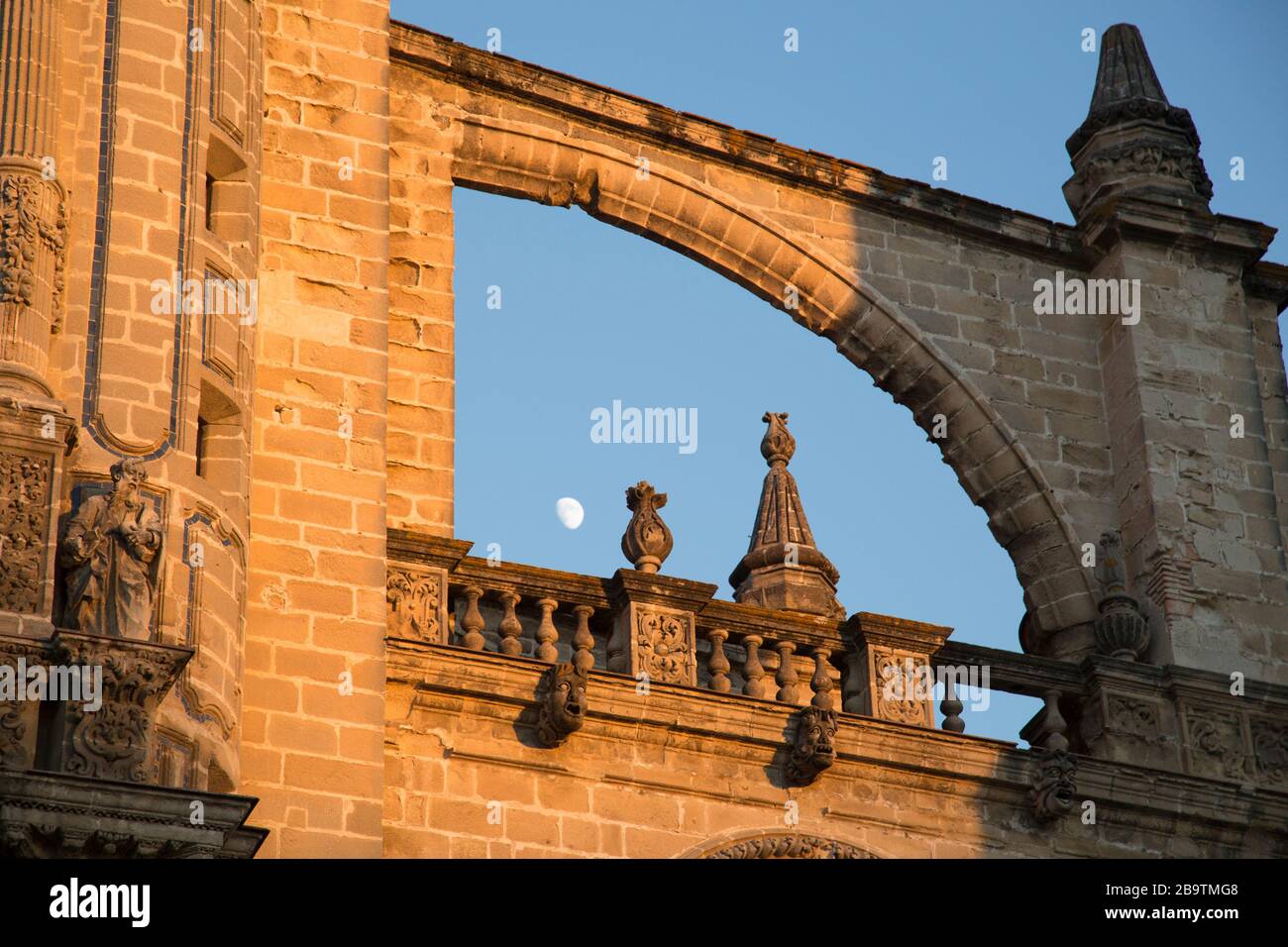The vast curtain walls of chartres cathedral are supported by great stone flying buttresses while the vert de gris verdegris copper roof is supported by an enormous iron framework not usually seen a relatively modern wonder of engineering.
Flying buttress roof peach.
The thickness and height of the wall and weight of the roof may determine the design of a buttress.
A flying buttress is quite different than a regular buttress thanks to the arch that connects the standard pillar to the roof.
Buttresses can be built close to an exterior wall or built away from a wall.
Owners of stone homes no matter the height have realized the engineering advantages and architectural beauty of the flying buttress.
A pinnacle often crowns the pier adding weight and enhancing stability.
While a single flying buttress was common at first it did not take long to have many of them stacked up to hold up an extremely heavy structure.
This page is an appreciation of technology and engineering past that still endures.
The defining functional characteristic of a flying.
Flying buttress masonry structure typically consisting of an inclined bar carried on a half arch that extends flies from the upper part of a wall to a pier some distance away and carries the thrust of a roof or vault.
The flying buttress arc boutant arch buttress is a specific form of buttress composed of an arch that extends from the upper portion of a wall to a pier of great mass in order to convey to the ground the lateral forces that push a wall outwards which are forces that arise from vaulted ceilings of stone and from wind loading on roofs.
Some flying buttresses are quite simple but many of them have been.










